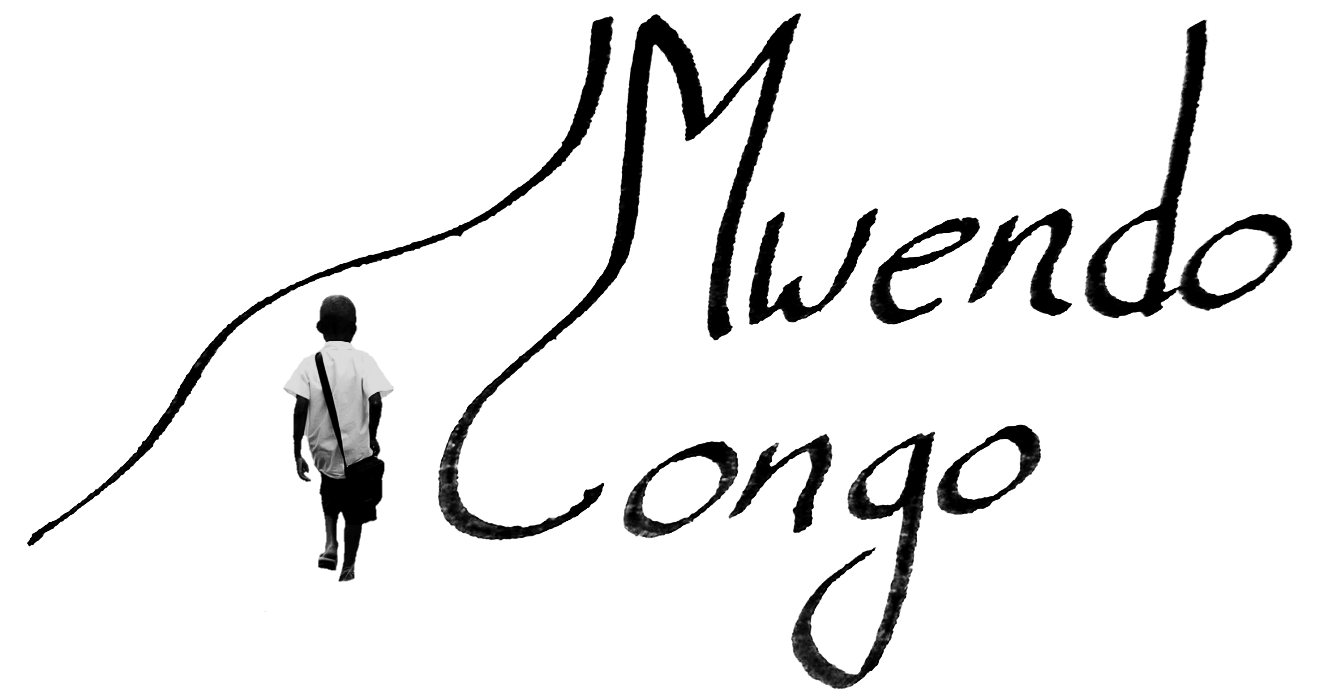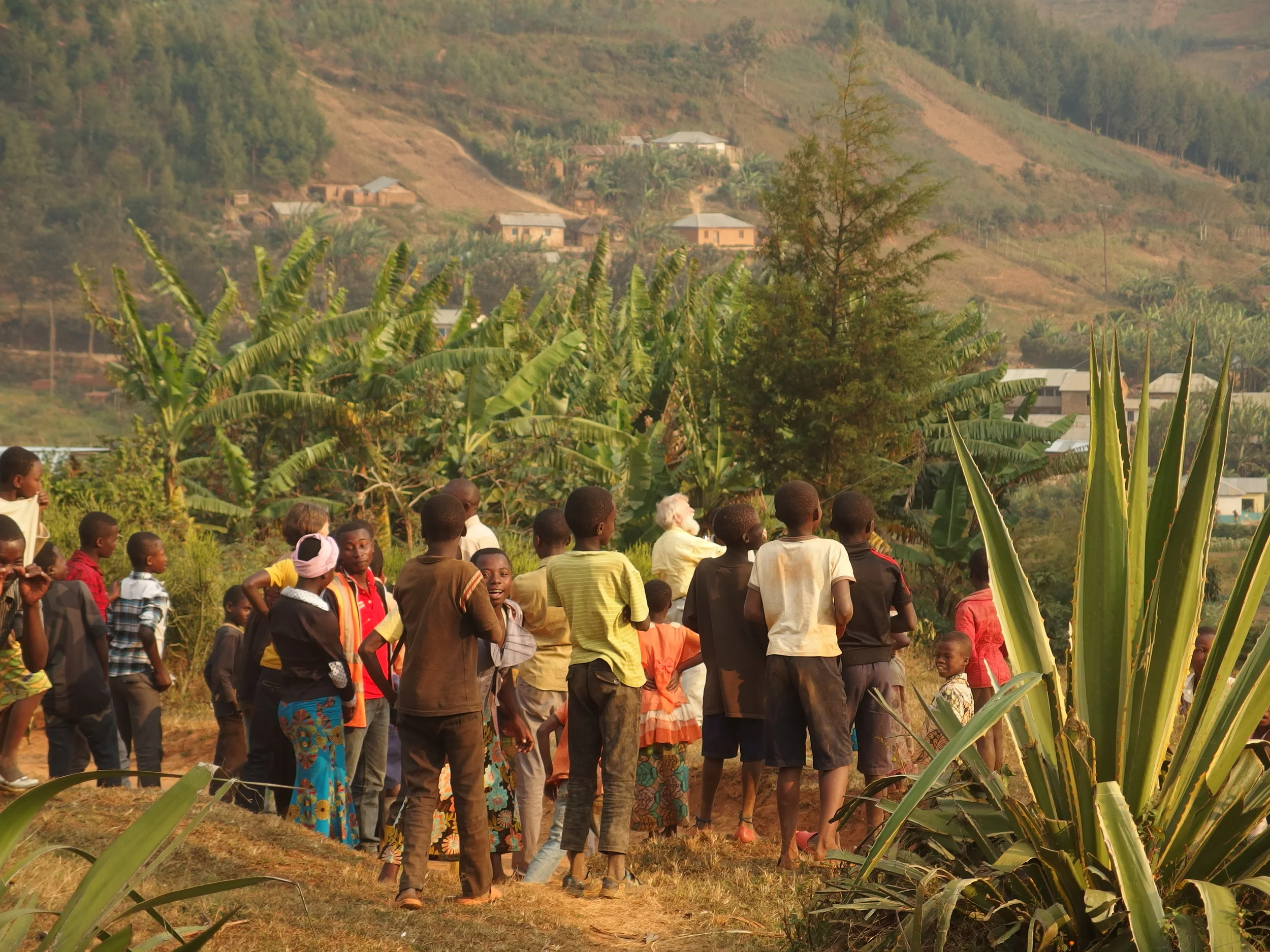Women’s menstrual health grant
/Mwendo Congo recently granted $10,000 to partner Let Africa Live (LAV) for support of internally displaced women as they seek to manage their menstrual cycles in dire circumstances. LAV-trained tailors will produce reusable cloth pads, one part of complete kits for 150 women and girls whose needs are often overlooked.
Internally displaced people in eastern Congo
Since March 2021, the M23 Movement, a Tutsi-dominated rebellion, has been waging war on the Congolese army in the eastern regions of the Democratic Republic of Congo, especially North and South Kivu provinces. These insurgents have taken over villages located within 40 kilometers of the major city of Goma. They use violence and commit human rights violations. Villagers leave their homes in desperation and become “internally displaced people” (IDPs) – similar to refugees except that they remain within the borders of their own country.
The Nyiragongo camps are home to a large number of IDPs who, according to humanitarian organizations, are in desperate need of aid due to their difficult living conditions, lack of food and basic security, and the fact that most of them are women and children living in terrible conditions with a deplorable level of sanitation and hygiene.
Challenges for menstruating girls and women
Women and adolescent girls are more likely to experience the various negative impacts of displacement because they lack supplies that are necessary to manage their menstrual cycles and they don’t have access to clean and safe restrooms. They struggle to find accessible, effective hygienic protection; and then are stigmatized during their menstrual cycles.
Simple kits + education can have large impact
Kits include 10 reusable hygienic bands, cotton underwear, a small portable toilet with cover, a small basin, laundry soap and towel. Education on sexual and reproductive health will be provided to all kit recipients, with particular focus on menstrual hygiene management. The hope is that the participating women will in turn share this knowledge with others in the IDP camps.





